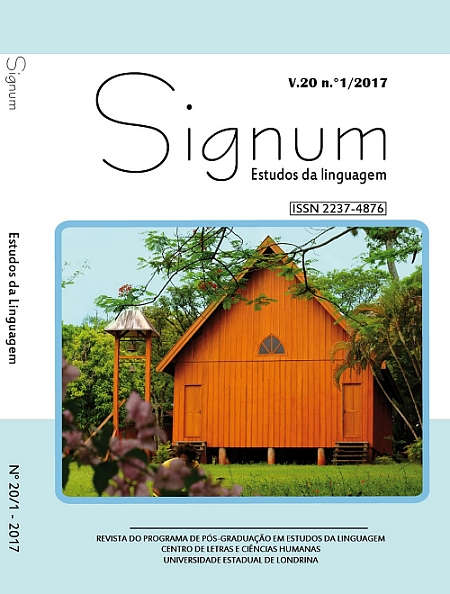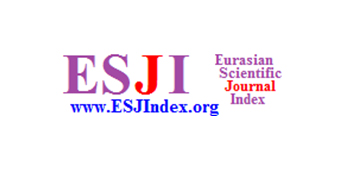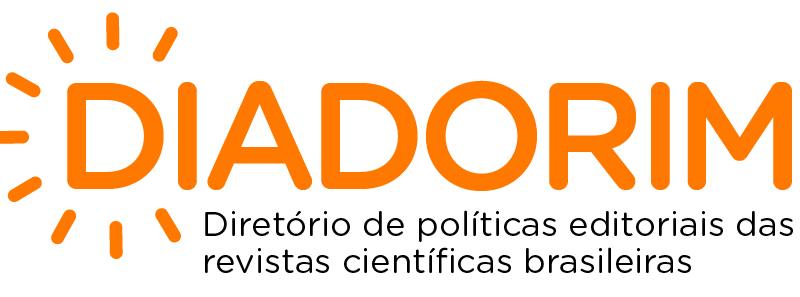“P[E]NEU”, “AD[E]VOGADO” and “AF[E]TOSA”: the lowering of the suarabácti vowels in ALiB data
DOI:
https://doi.org/10.5433/2237-4876.2017v20n1p276Abstract
This research reflects on the vowel epenthesis in Brazilian Portuguese, especially on the phonetic-phonological phenomenon known as suarabácti, which consists in the insertion of a epenthetic vowel to undo inappropriate consonant clusters. We use as corpus the data that make up the database of the Linguistic Atlas Project of Brazil, collected in two federal states, Paraná and São Paulo, with 220 stratified informants equally according to the variables gender (male and female) and range age (range I: 18 to 30 years/ range II: 50 to 65 years), all with maximum education until the 9th grade of elementary school. Three issues of Phonetic-Phonological Questionnaire were selected, namely: issue 54 (AFTOSA), 72 (PNEU) and 101 (ADVOGADO) and they were treated from the theoretical and methodological aspects of Dialectology and of variationist Sociolinguistics through graphics, linguistic maps and analysis according to the results obtained from the GoldVarb Program (2001), considering the intersection and linguistic and extralinguistic variables in the occurrence of the variable rule, vowel lowering [i] > [e].
Downloads
Downloads
Published
How to Cite
Issue
Section
License
Copyright (c) 2017 Signum: Estudos da Linguagem

This work is licensed under a Creative Commons Attribution-NonCommercial-NoDerivatives 4.0 International License.
This journal reserves the right to make, in the originals, normative, orthographic and grammatical modifications in order to maintain the standard language and the credibility of the publication. It will respect, however, the authors’ style of writing. Modifications, corrections and suggestions of conceptual order will be forwarded to the authors, if necessary. In these cases, the papers, once appropriate, should be submitted to a new appreciation. The final examinations will not be forwarded to the authors. Works published become property of Signum, being its total or partial reprint subject to an explicit authorization of the journal. In all subsequent quotes the original source of publication should be mentioned, in case, in Photographic Discourse. Opinions emitted by the authors are their exclusive responsibility.

















